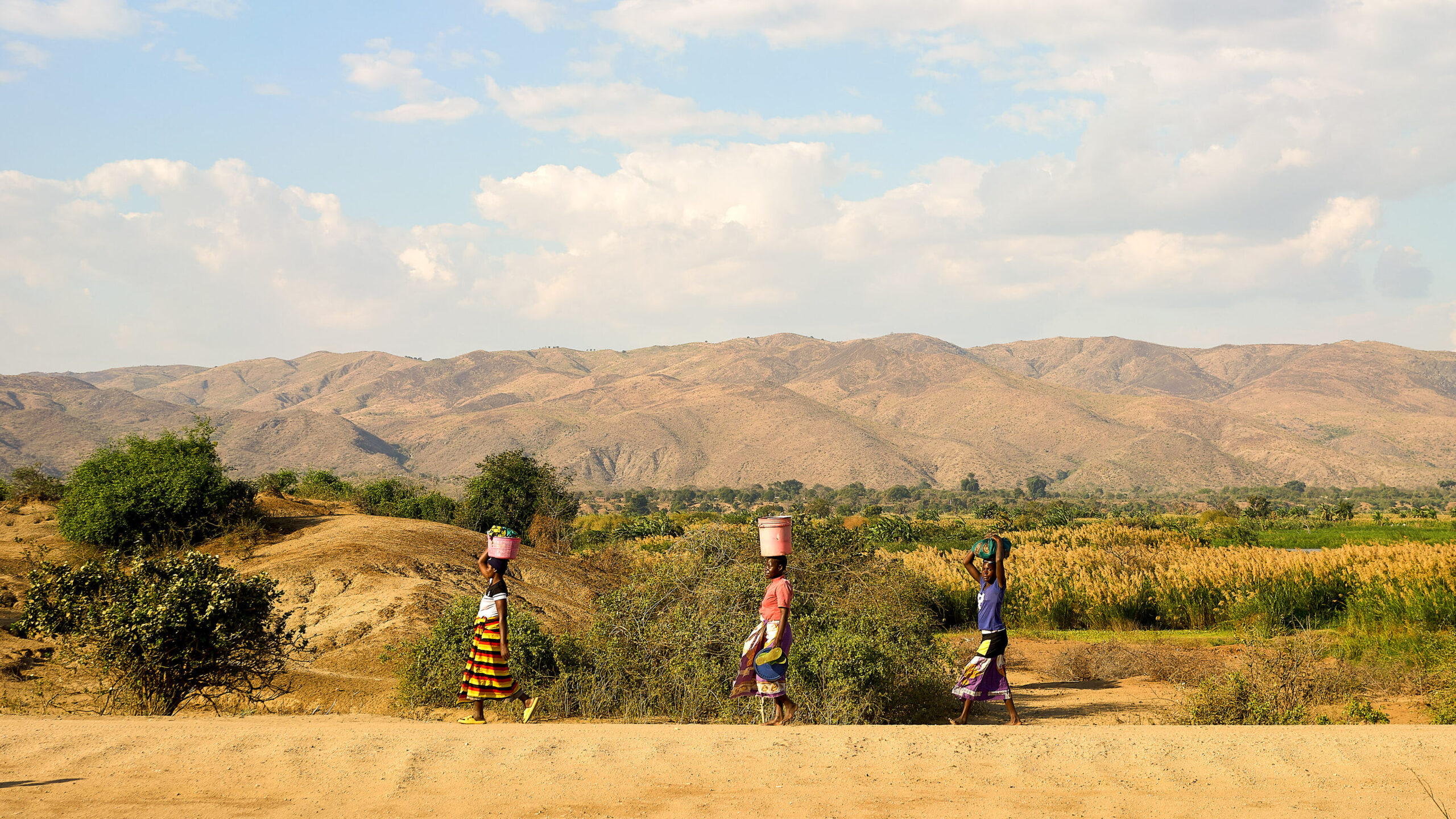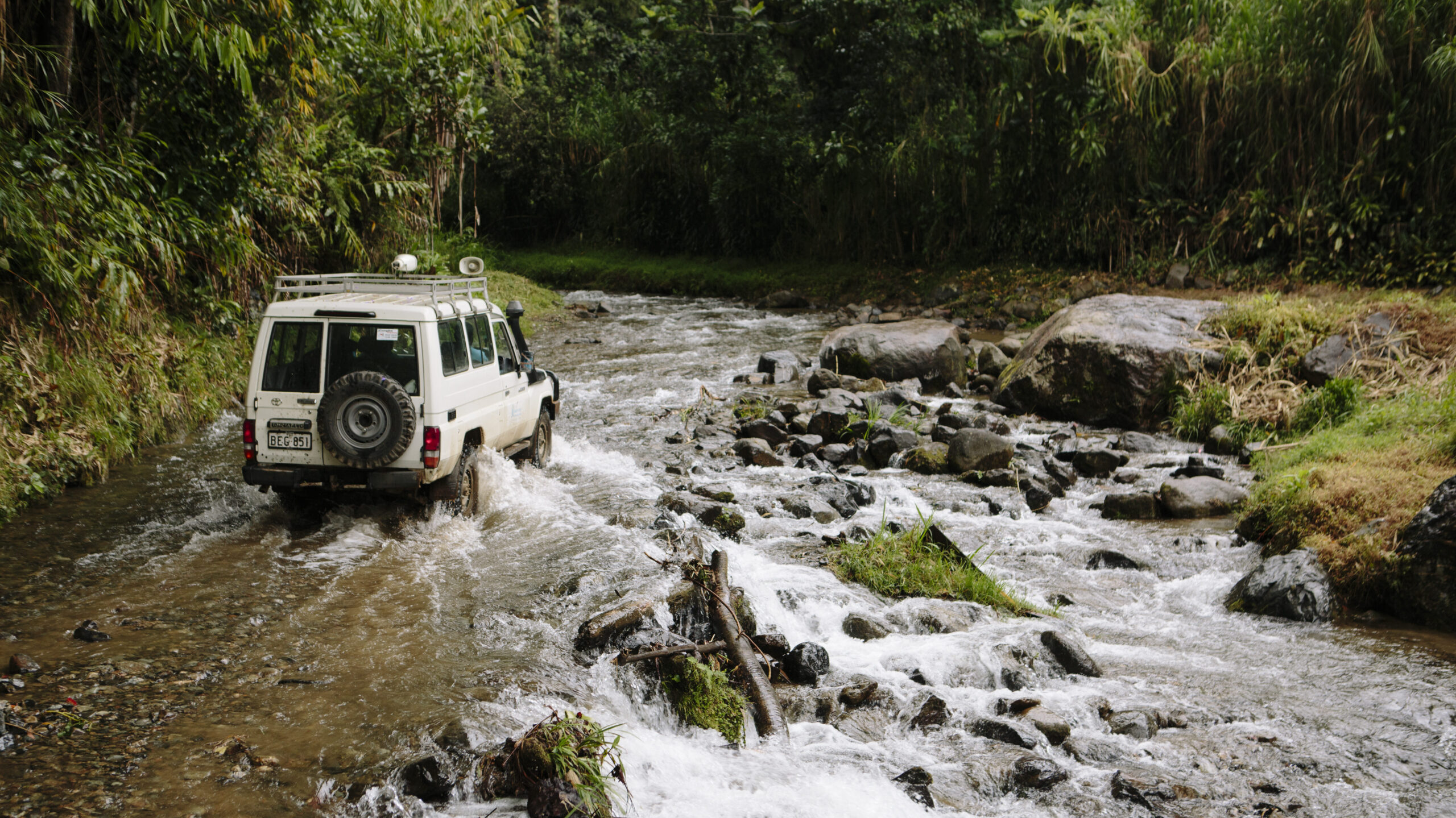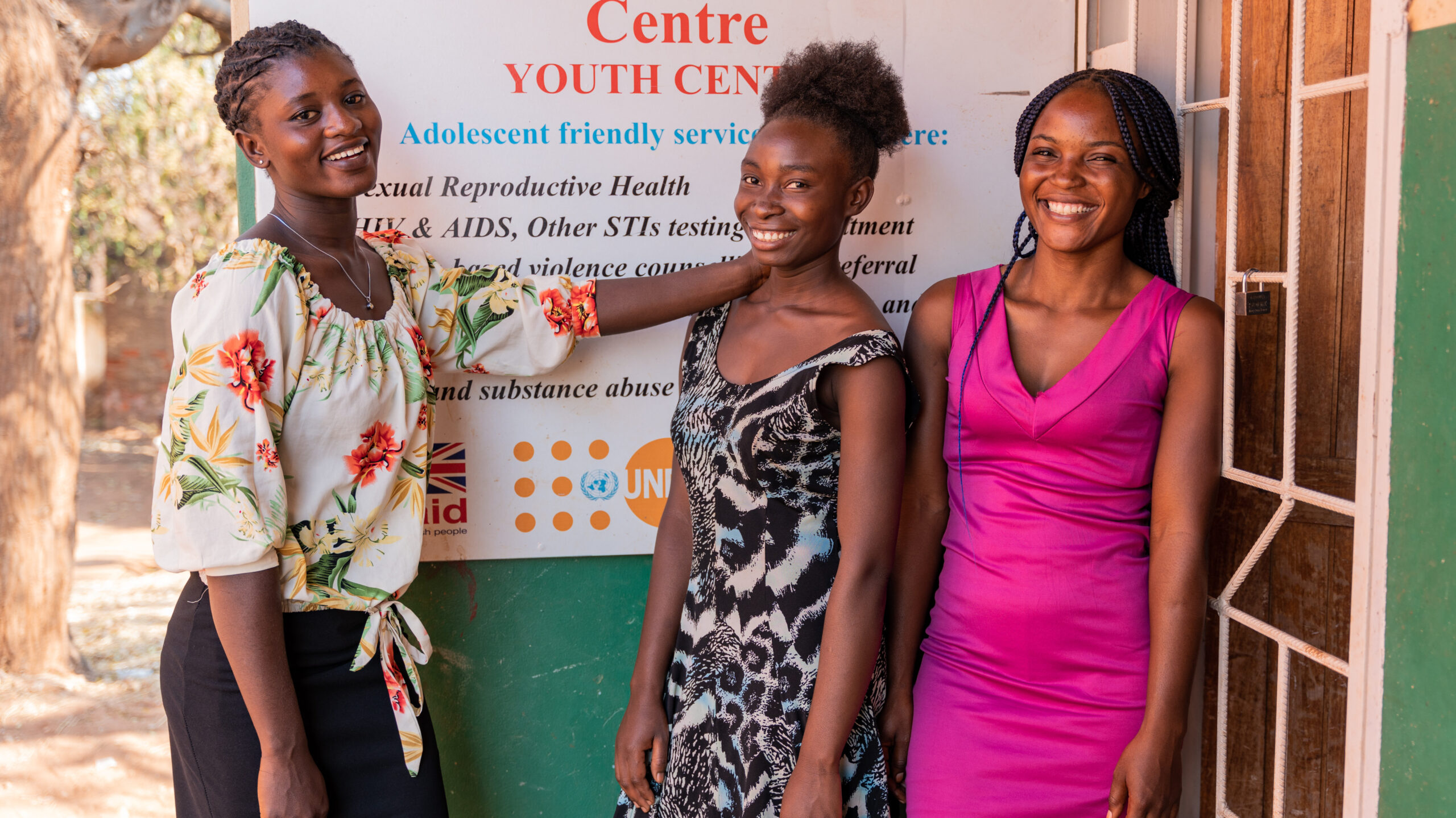MSI calls on governments and donors to integrate sexual and reproductive healthcare and rights into COP26 funding commitments to support women and girls to adapt.
Tuesday, 26th October 2021: As world leaders gather at COP26, MSI Reproductive Choices warns that 14 million women are at risk of losing access to contraception due to climate-related displacement[i].
Analysis from MSI across 26 countries where it works has found that since 2011 an estimated 11.5 million women have had their access to contraception disrupted due to climate-related displacement[ii]. Unless contraceptive access is protected, the global safe abortion and contraception provider expects this to rise, with 14 million more at risk of losing access over the next decade, with devastating consequences:
- 2 million unintended pregnancies
- 1 million unsafe abortions
- 5,800 maternal deaths
Today, 218 million women and girls want access to contraception but can’t get it. Many of these women are now also facing the immediate effects of the climate crisis, with Africa the most vulnerable continent despite only contributing 2% of the world’s carbon dioxide emissions[iii].
Sanou Gning, regional director at MSI Reproductive Choices said:
“It’s a grave injustice that the women and girls most affected by the climate emergency are those who have contributed the least. In Senegal where I am from, coastal erosion has forced many families to leave their homes and move into makeshift camps. What my teams are hearing loud and clear from a lot of women living in these vulnerable areas, is that getting pregnant during a crisis is the last thing they want. It’s vital that we listen to what they are telling us.”
With autonomy, women can be part of finding the solutions
If we are to solve the climate crisis, climate action must acknowledge existing gender inequalities and ensure that women and girls can take part in finding the solutions.
With reproductive choice, girls are better able to finish their education and pursue their careers, providing them with more economic stability and agency when facing a disaster. With reproductive autonomy, women are also better placed to take on decision-making roles at a community and national level, enabling them to have a seat at the table in finding climate solutions.
Binetou Sonko, President of the Baba Yaye Association, rebuilding local mangroves in Joal, Senegal, said:
“Resources are scarce now because of climate change. If women can’t choose if or when to become pregnant, their lives and those of their children become difficult. Thanks to family planning, we can support ourselves, look after our children and get on with everyday activities. This is why we use contraception, to reclaim our lives.”
Supporting women on the frontline of the crisis to adapt with reproductive choice
Around the COP26 climate conference, there is a focus on mobilising $100 billion per year[iv] to support low-income countries to respond to climate change. MSI Reproductive Choices is joining 65 partners in calling on governments and donors to integrate sexual and reproductive healthcare and rights into these funding commitments to support women and girls to adapt to the impacts they are facing today, from famine in Madagascar to coastal erosion in Senegal.
MSI’s regional director Sanou Gning said:
“Millions of women on the frontline of the climate crisis are at risk of losing access to contraception when they need it most. Yet it only costs 2 pence a day for MSI to protect a young woman from unintended pregnancy for one year enabling her to adapt and take part in finding the solutions. At COP, we are calling for climate funding to include sexual and reproductive health and rights to support those on the frontline of the climate crisis to determine their lives and futures.”
– Ends –
Notes to Editors
For interviews and further information please contact:
Email: [email protected]
Tel: (+44) 07769 166 516
About MSI Reproductive Choices
MSI is a global organisation providing contraception and safe abortion services to women and girls in 37 countries. We believe that every woman and girl must determine her own future, and the high-quality services we provide give a woman the power to pursue her dreams for herself and her family.
Background data
- The World Bank estimates that climate change could displace more than 216 million people by 2050.
- In humanitarian settings, one in five women and girls report experiencing sexual violence, yet while the need for sexual and reproductive healthcare becomes more acute, access to high quality care often falls.
[i] The Impact of the Climate Crisis on Reproductive Choice
[ii] Modelling uses data from the Internal Displacement Monitoring Centre (2010-2020), DHS data for 26 of the countries that MSI works in (Afghanistan, Bangladesh, Bolivia, Burkina Faso, DRC, Ethiopia, Ghana, India, Kenya, Madagascar, Mali, Malawi, Myanmar, Nepal, Niger, Nigeria, Pakistan, PNG, Timor-Leste, Senegal, Sierra Leone, Tanzania, Uganda, Yemen, Zambia, and Zimbabwe) and MSI’s IMPACT2 tool. Full technical note and methodology available at https://www.msichoices.org/news-and-insights/resources/methodology-the-impact-of-the-climate-crisis-on-access-to-contraception/
[iii] https://unfccc.int/files/press/backgrounders/application/pdf/factsheet_africa.pdf
[iv] https://ukcop26.org/wp-content/uploads/2021/07/COP26-Explained.pdf








